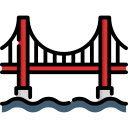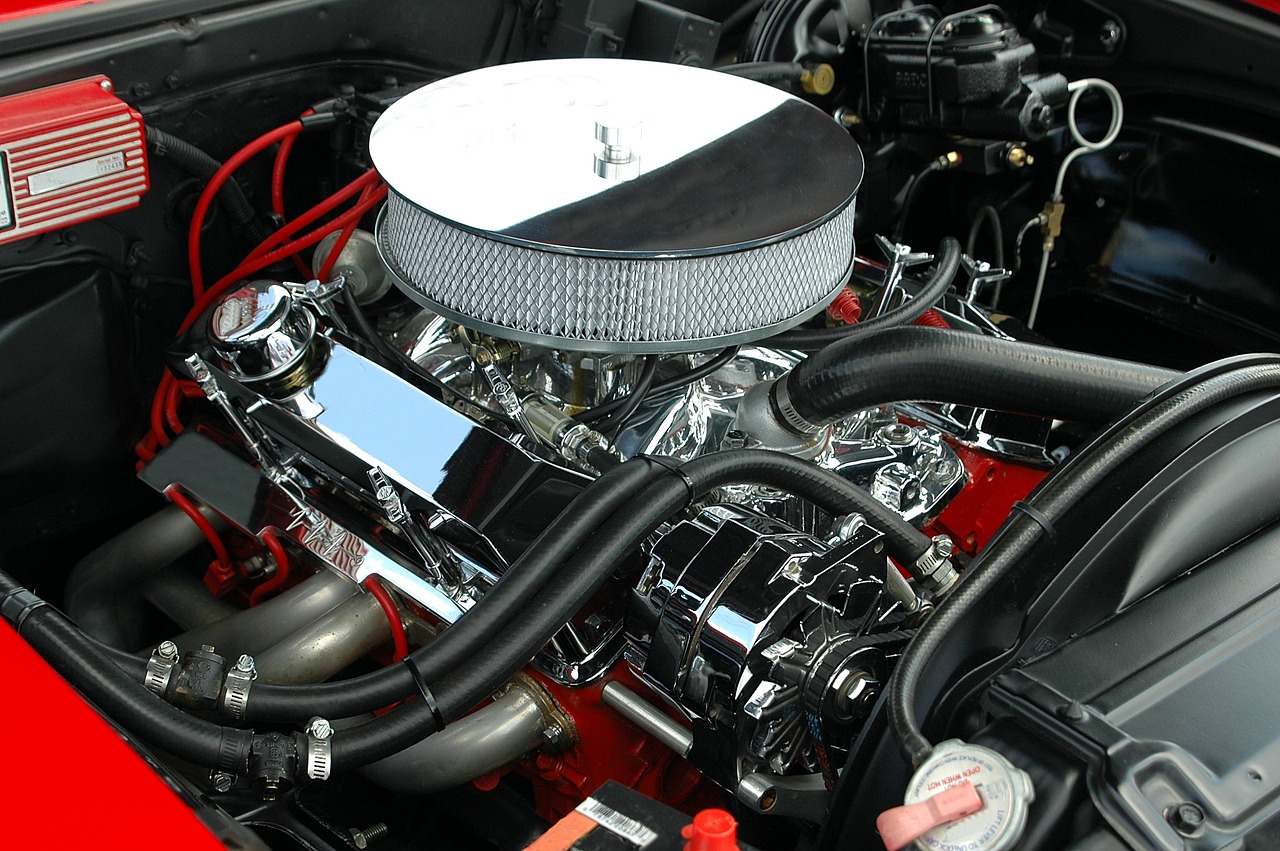Mechanical Engineering
Mechanical engineering is a discipline encompassing the application of principles from physics and mathematics to devise, construct, and analyze mechanical systems. These systems often employ mechanisms such as gears, pulleys, and hydraulics to achieve desired functions.
Gears, for instance, are mechanical components characterized by toothed wheels that interlock to transmit motion and power between rotating shafts. Pulleys, on the other hand, consist of grooved wheels over which belts or ropes are looped, facilitating the transmission of force and motion, particularly in lifting applications.
Hydraulics involve the utilization of fluids, typically oils or other liquids, to generate force or control motion within mechanical systems. By exploiting the incompressibility of fluids, hydraulic systems enable the precise manipulation of heavy loads or the smooth operation of machinery.
Mechanical engineers harness these fundamental mechanical elements, among others, to conceive, design, and optimize an array of devices and systems that serve diverse industrial, commercial, and societal needs.
Hydraulics work by transferring
fluid pressure known as Pascal’s Principle. This can be understood easily by
using a syringe full of liquid and a tube connected to another empty syringe.
Hydraulics are used in a
number of
engineered products:
- Breaking system on a car
- Lifting equipment; hydraulic jacks,
wheelchair lifts
- Excavating arms on machinery such as
diggers
- Hydraulic press machinery
- Wing flaps on aircraft
Gears
are used for transmitting power from one part of a machine to another.
In
a bicycle, for example, it's gears, along with a chain, that take power from
the pedals to the back wheel.
Using gears allows a mechanism to increase speed, increase force or change direction:
To
increase the speed you
connect two gears, the first one should have more
teeth,
this means the second one has to turn round much faster. This means
the second wheel turns faster than the first one but with less force.
To
increase the force the second
wheel in a pair of gears has more teeth than the first one, it turns slower
than the first one but with more force.
To
change direction two gears lock together, the second one always turns in the
opposite direction. If the first one turns anticlockwise, the second one will
turn clockwise.
A pulley is used to change the
direction of a force. By using a pulley you can pull down on the rope, taking
advantage of the force of gravity, to lift the object up. This simple system
can be enhanced by using several pulleys c together to further reduce the force
needed to lift an object.
Pulleys are used in a
number of engineered products:
- Lifts / elevators
- Cranes
- Washing machine
- Watches and clocks



















